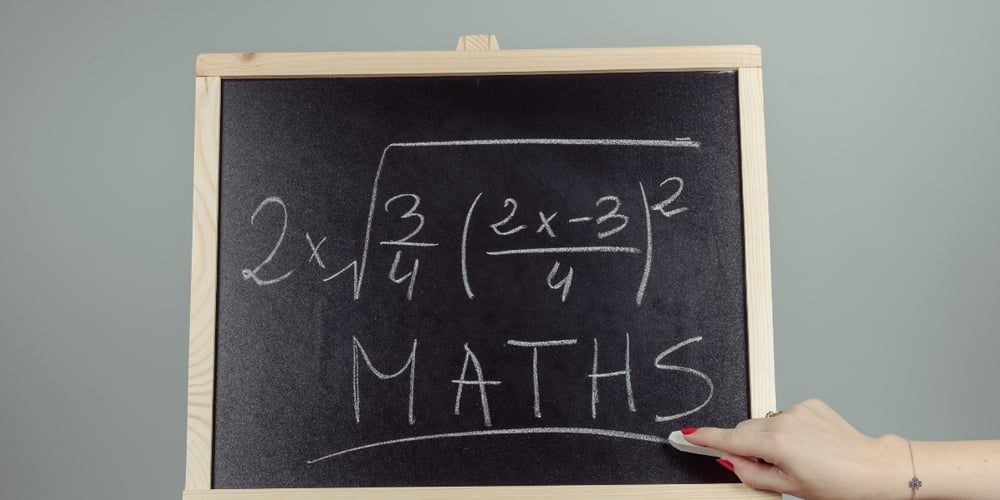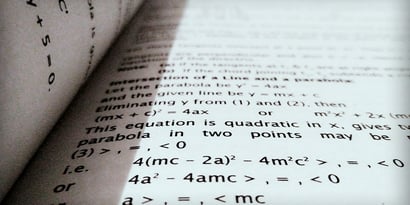Chapters
When it comes to GCSE maths, there are 4 ways to ensure a passing grade. Keep on reading to discover the key steps that will help you pass your GCSE maths exam.
Step 1: Lay a strong foundation
The foundation of maths is like the foundation of a house. If you don't have a proper foundation, the whole house could collapse. Remember to do maths revision and maths questions not just related to new content, but also the basics.
Maths questions that focus on fractions, division, and multiplication can be done quickly. These should be done before moving on to the more difficult work. It will refresh the foundation and get your mind ready for learning.
If you find that your foundation isn’t as strong as it needs to be you need to practise more often.
Step 2: Use GCSE past papers
Maths revision and maths questions for higher-grade maths can often look intimidating. Remember to look at GCSE maths past papers. This way, you will understand what to expect before even entering the exam.
Here are some points you should be prepared for before entering the maths exam:
- The types of questions will be asked
- How are you expected to answer questions
- The level of questions that will be asked
- What topics you will be expected to know more (or less) about
Maths past papers can be found on the internet, and a quick Google search will bring up options from previous years.
Otherwise, approach your GCSE maths tutor and ask them if they have any past papers available. They might even have some extra info about the exams coming up. Our world-class GoStudent tutors certainly do!
Step 3: Build on the knowledge that you’ve learnt in class
This part is for those of you who want to pass the GCSE maths exam with flying colours.
The first step to boosting maths knowledge is to check if there are any missing pieces. Many of you may feel like you can rush through certain pieces of work. However, remember maths is all about repetition. If you don’t revise hundreds (or even thousands) of sums you won’t know where you are lacking.
The other best way to get an idea of your skillset? Use an online GCSE maths quiz to test if there is anything you need to revise.
The second step is to practise with GCSE maths questions. Once you’ve made sure that there is nothing missing from your knowledge, you need to practise what you already know. Only after you are extremely confident with your existing knowledge, should you move on to the last step.
The third and final step is to go beyond the basics that you learn in class. Algebra, geometry, and statistics are topics that you should pay attention to. You should try to incorporate maths into your daily life. This can include anything from adding numbers while grocery shopping to calculating and estimating measurements of things in your house.
Step 4: Know what you're in for
Checking out the GCSE maths past papers is a great way to know what to expect. However, there is only so much a piece of paper can tell you about what you are going to feel in the exam.
Anxiety is one of the biggest problems that GCSE maths applicants face. Maths anxiety is a very real problem, and you need to prepare for it. Many of you might be great at answering questions in class but struggle when it comes to passing tests.
So do many practice tests and learn how to calm yourself down as much as possible before, during, or even after, the exam.
In need of extra GCSE maths support?
If you have your GCSE maths exams coming up, consider hiring a tutor to help you learn faster and better. Tutors at GoStudent will help support you so you can fulfil your potential!
Book a free maths trial session now.











